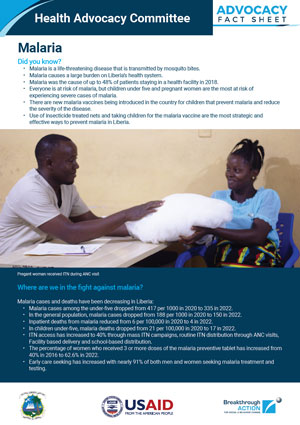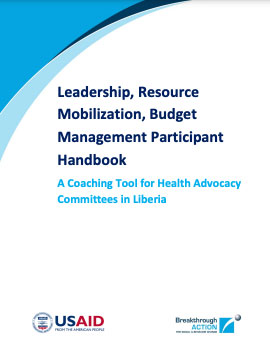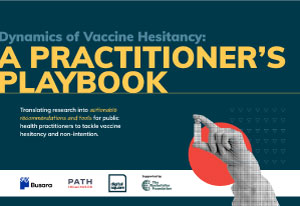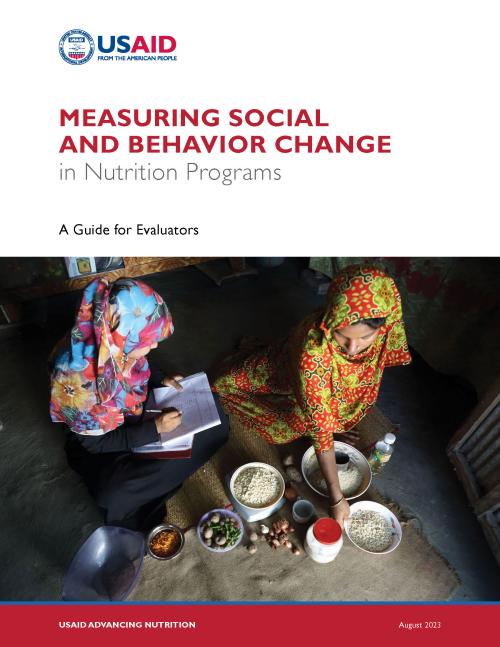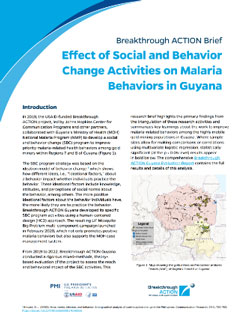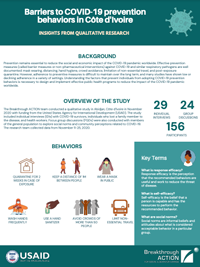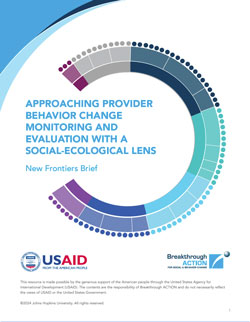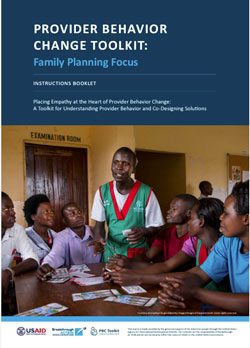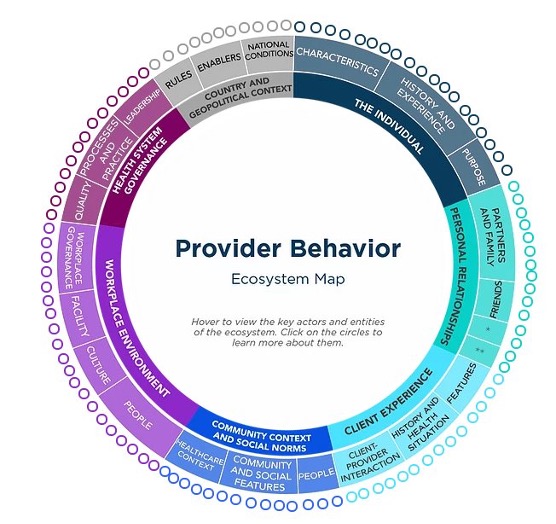Dynamics of Vaccine Hesitancy: A Practitioner’s Playbook
Over the past decade, coverage of routine immunizations for children has plateaued. During COVID-19, nearly 25 million children lost out on life-saving vaccinations leaving them still unprotected from VPDs today (UNICEF Innocenti, 2023). Almost half of these children live in the African continent (World Health Organization, 2020). Annually, nearly all children who die from VPDs are from LMICs (Frenkel, 2021). In 2018 alone, an estimated 99% of the 700,000 children who died from VPDs lived in LMICs (Frenkel L. D., 2021).
Assessing the features of vaccine hesitancy can show us that the intention to be vaccinated and the behavioral outcome of vaccination is intimately related to context, and the antecedents of vaccination vary across time, place, and vaccine. As such, Busara has been working closely with PATH to assess the dynamics of vaccine hesitancy and to develop actionable guidance on how to understand, categorize, and respond to vaccine hesitancy.
The DRIVE Demand project, launched by PATH with support from The Rockefeller Foundation, is a two-year initiative aimed at expanding the use of digital health tools to boost immunization in Honduras, Mali, Tanzania, Thailand, Uganda, and Zambia. By collaborating with Ministries of Health, we strived to enhance the understanding and influence of vaccine demand, supporting national COVID-19 and routine immunization goals while strengthening data-driven health systems across Asia, the Caribbean, and Sub-Saharan Africa.
To tackle vaccine hesitancy, Busara’s research took a four-step approach. We began with a thorough evidence review using the COM-B model to analyze behavioral dynamics. This was followed by qualitative studies with focus group discussions (FGDs) among unvaccinated adults, pregnant women, and community health workers. These discussions revealed crucial insights into the beliefs, attitudes, and concerns about vaccination across different demographics.
The study revealed that vaccine hesitancy exists on a continuum between acceptance and refusal, influenced by both abstract barriers (e.g., conspiracy theories) for those with negative attitudes, and more tangible barriers (e.g., social permission, vaccine availability) for those with neutral or positive attitudes. These findings were synthesized into actionable recommendations in our playbook for Ministries of Health to optimize immunization campaigns and pandemic preparedness, for understanding these dynamics is key to fostering vaccine intention and addressing the social and cultural factors behind vaccine hesitancy.
The DRIVE Demand project offers a valuable toolkit to help health ministries and partners effectively engage vaccine-hesitant populations and improve immunization rates.
Last modified: July 21, 2024
Language: English
Source: Busara
Year of Publication: 2024

